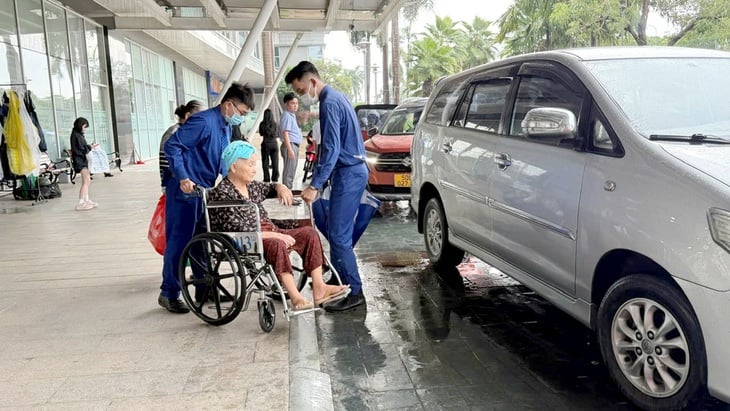
Many experts suggest allowing taxpayers to deduct the cost of long-term medical treatment, serious illness... for parents, spouses, children... - Photo: TU TRUNG
In addition to the above expenses, according to experts, the Personal Income Tax Law project also needs to reduce the cost of long-term medical treatment and serious illnesses for parents, spouses, children, etc.
Borrowing money to pay for medical expenses still have to pay personal income tax?
Mr. Nguyen Thai Son, former head of the personal income tax department of the Ho Chi Minh City Tax Department (now Ho Chi Minh City Tax), said that for the first time, the Personal Income Tax Law clearly states the deduction for medical, education and training expenses.
However, according to Mr. Son, it is necessary to add deductions for expenses to meet essential housing needs such as paying rent, paying bank loan interest for the first house to be purchased and transportation expenses such as buying electric cars as a means of transportation to demonstrate the spirit of leniency for the people and nurturing revenue sources.
Regarding deductions for medical and educational expenses, tax expert Vo Thanh Hung said that it is necessary to deduct enough for 7 basic needs groups including: food, clothing, housing, travel, entertainment, education, and medical expenses, not just for education and medical expenses.
"If deductions are allowed, taxpayers can go out to eat, supermarkets will take the receipts to deduct, then when workers spend money they will automatically get the receipts, service providers will also be forced to issue invoices and cannot avoid taxes, from there the policy will easily enter life," said Mr. Hung.
Meanwhile, regarding medical examination and treatment costs, Mr. Do Quoc Tuan, former deputy head of the Ho Chi Minh City Tax Support Propaganda Department, said that in reality, families with people suffering from serious illnesses have to borrow money or sell assets because the monthly medical treatment costs can reach hundreds of millions of dong.
However, these people are not entitled to deductions and still have to pay personal income tax when working, which is unreasonable. Therefore, according to Mr. Tuan, the draft Personal Income Tax Law should also consider this issue to help reduce the difficulties for families of taxpayers with seriously ill members.
Mr. Nguyen Duc Nghia, deputy director of the Legal Consulting Center, under the Ho Chi Minh City Business Association (HUBA), also proposed allowing taxpayers to deduct the cost of long-term medical treatment and serious illnesses for parents, spouses, children, etc., in order to share the difficulties with taxpayers.
How much family deduction is reasonable?
Experts also said that the family deduction of 15.5 million VND/month for taxpayers and 6.2 million VND/month as proposed by the Ministry of Finance is only enough for the most basic spending level, not enough to ease people's burdens, encourage consumption and reinvestment.
Mr. Nguyen Duc Nghia said that the family deduction should be raised to 16.5 million VND/month for taxpayers and 6.6 million VND/month for dependents. According to Mr. Nghia, Vietnam's consumer price index (CPI) includes 752 items.
In reality, people only use very few essential items in the CPI basket and these items have increased in price very strongly in the past 5 years. Therefore, it is reasonable to increase the family deduction for taxpayers by 50%, to 16.5 million VND/month and 6.6 million VND/month for dependents.
Associate Professor Dr. Tran Van Tung, head of the Finance and Commerce Department of Ho Chi Minh City University of Technology (HUTECH), proposed to increase the family deduction for taxpayers to 18 million VND/month and 7.5 million VND/month for dependents because the basic expenses (food, housing, transportation, healthcare, basic education) in large cities have already exceeded 15 million VND/month.
According to Mr. Tung, basic living expenses in big cities like Hanoi and Ho Chi Minh City, including rent, food, transportation, education, healthcare, etc., have increased significantly in the past 5 years. Therefore, it is necessary to increase the family deduction for taxpayers to 18 million VND/month and for dependents to 7.5 million VND/month.
According to Mr. Tung, in Malaysia, although the basic family deduction is lower, about 2,000 USD/year, many other family deductions are allowed such as medical expenses, education, books, sports equipment, insurance payments... which makes the total actual family deduction much higher.
In Thailand, taxpayers are entitled to family deductions for themselves, their spouse, children, elderly parents, insurance contributions, investments, and charity. "This approach is flexible and accurately reflects the diverse spending burden of each family," said Mr. Tung.
Need to clarify the definition of "relevant costs"
The draft Law on Personal Income Tax also proposes a real estate transfer tax rate of 20% on profits for resident individuals. In cases where the purchase price and related costs cannot be determined, the tax rate will be calculated based on the ownership period, from 2 to 10%.
According to Mr. Do Quoc Tuan, it is necessary to clarify what is meant by not being able to determine the purchase price and related costs, to avoid cases where taxpayers evade paying the least amount of tax. For example, even though the purchase price is determined, the taxpayer declares that it has been repaired after purchase, then requests to calculate the 2% rate with the reason that the related costs cannot be determined.
"Therefore, it is necessary to clearly distinguish whether the tax authority or the taxpayer cannot determine the purchase price and related costs to clearly determine responsibilities," Mr. Tuan suggested.
Source: https://tuoitre.vn/thue-thu-nhap-ca-nhan-phai-chia-se-voi-nguoi-nop-thue-20250806235058897.htm


![[Photo] President Luong Cuong receives President of the Senate of the Czech Republic Milos Vystrcil](/_next/image?url=https%3A%2F%2Fvphoto.vietnam.vn%2Fthumb%2F1200x675%2Fvietnam%2Fresource%2FIMAGE%2F2025%2F11%2F20%2F1763629737266_ndo_br_1-jpg.webp&w=3840&q=75)


![[Photo] Lam Dong: Panoramic view of Lien Khuong waterfall rolling like never before](/_next/image?url=https%3A%2F%2Fvphoto.vietnam.vn%2Fthumb%2F1200x675%2Fvietnam%2Fresource%2FIMAGE%2F2025%2F11%2F20%2F1763633331783_lk7-jpg.webp&w=3840&q=75)

![[Photo] National Assembly Chairman Tran Thanh Man holds talks with South Korean National Assembly Chairman Woo Won Shik](/_next/image?url=https%3A%2F%2Fvphoto.vietnam.vn%2Fthumb%2F1200x675%2Fvietnam%2Fresource%2FIMAGE%2F2025%2F11%2F20%2F1763629724919_hq-5175-jpg.webp&w=3840&q=75)


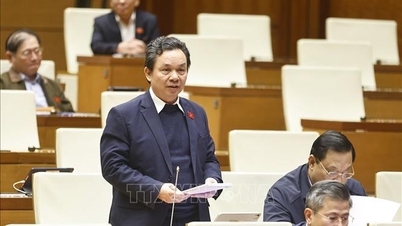



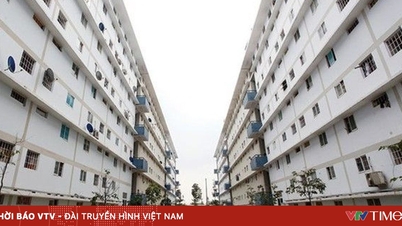
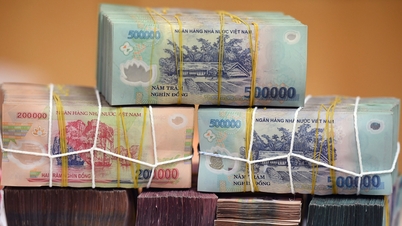







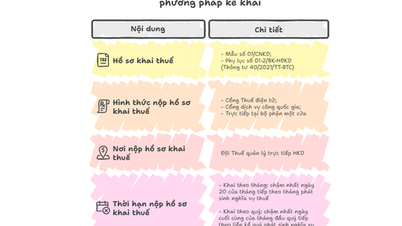



















































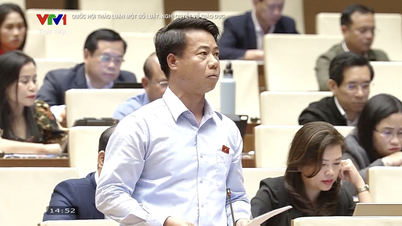




















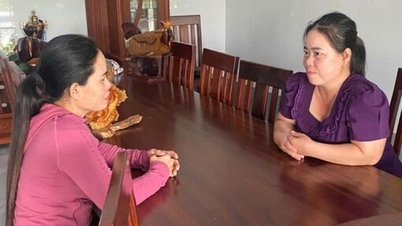
















Comment (0)